Credit cards are useful spending tools, but they come with one big caveat – you must repay the money you borrow. If you don’t pay off your credit card, you could sink your credit score or get pushed into debt by interest fees. Fortunately, there are actionable steps you can take to pay off your credit cards, including reducing your spending, organizing your debt, and then using a tried-and-true method to get rid of it entirely.
Key Takeaways
- Neglecting to pay off your credit card could decrease your credit score and rapidly increase your debt.
- You can pay off your credit card by decreasing your spending, organizing your debt, and making more than the minimum payments.
- Consider consolidating your debt on a balance transfer credit card if you can’t afford your combined minimum monthly payments.
Never miss an amazing deal again + get our bonus 250+ page eBook for FREE. Join 50,000 other Canadians who receive our weekly newsletter – learn more.
How to pay off your credit card
To pay off a credit card fast, you need to make a plan. The more time you spend planning, the less time and stress you’ll spend figuring things out on the fly. A plan provides confidence and essential guidance when things go wrong.
There are many tips, tricks, and guides to managing debt on the internet, but they all boil down to 3 simple goals:
- Reduce your spending
- Organize your debt
- Pay off your credit card
In this guide, we’ll review several ways to meet all 3 goals and help you craft a custom plan for paying off your credit card(s). Remember, the best plans are detailed but flexible – don’t be afraid to switch tactics to find what works best for you.
Studies show handwriting boosts focus, memory, and creativity. We recommend using pen and paper to create a debt action plan. As a bonus, you’ll have a concrete map to return to if you get lost.
1. Reduce your spending
Before you can fix a leaky pipe, you need to shut off the water – and the same goes for credit card debt management. Continuing your usual spending habits while trying to pay off a card will only slow you down.
Start by reviewing your last few credit card statements. What are your most common transactions? Which stores do you visit most often? Why? Write it all down.
The internet has a lot to say about reducing your spending, but making a budget is often the only method you need. An effective budget is realistic, customized to your lifestyle, leaves room for emergencies, and doesn’t make you miserable – at least, not in the long term.
The Government of Canada provides an easy, online budget creator. The hard part is sticking to your budget, which usually requires life changes, like switching to a prepaid credit card or cash.
Take another look at your spending habits and brainstorm how to change them, including the most important step: using your credit card(s) as little as possible. Give them to a trusted friend, cut them up, or freeze them in ice – but whatever you do, address the root of the problem.
By the end of this section, you should have:
- A list of ways you use your credit card
- A list of ideas for change
- A monthly budget showing your maximum repayment amount
- At least one method to reduce or eliminate your credit card spending
We suggest sitting down at least one per week to review the changes you’ve made, what worked, and what didn’t. Celebrate your every effort – you’ve got this!
2. Organize your debt
Debt is a common credit card mistake but a difficult one to tackle, let alone understand. If it wasn’t, there wouldn’t be so many articles dedicated to fighting it and the average Canadian wouldn’t owe over $4,200 on their credit cards.
There are only a handful of essential things to know about credit card debt, the biggest of which is credit card interest. Interest accrues with time; the longer you wait to pay off a credit card, the larger your debt will grow.
If you have multiple credit cards, your interest charges could balloon, especially if you can’t afford to pay them all at once. In these cases, consolidating your debt into a single, low-interest loan with a single payment due date can be a smart option.
There are 4 ways to consolidate your debt:
| Method | Pros | Cons | Best for |
|---|---|---|---|
| Balance transfer credit cards | * Lower interest rates * Save with promo rates | * New purchases accrue regular interest * Must pay off balance before promo rates expire * Requires decent credit * You can only consolidate as much debt as your spending limits allow | Canadians with multiple overdue credit cards with high interest rates. |
| Home equity loans or lines of credit | * Large loan amounts * Lower interest rates | * Could cause you to lose your house if you default * Reduces equity in your home | Homeowners who have built up a decent amount of equity. |
| Lines of credit | * Flexible | * Hard to get if you don’t qualify for a loan | Canadians with a low-interest line of credit greater than their credit card debt. |
| Personal loans | * Flexible | * Hard to get with a bad credit score * May charge high interest rates | Canadians whose credit score hasn’t yet been impacted by their credit card debt. |
Find the cardholder agreements for all your credit cards and write down their purchase interest rates. Write down how much you owe, the minimum payment, and the payment due date for each card.
If you can afford to make the minimum payment(s) on your credit card(s) each month and then some, you’re good to go. Otherwise, you may want to schedule an appointment with a trustworthy credit counsellor for advice.
By the end of this section, you should have:
- A list of how much you owe on each credit card and its interest rates
- A schedule of payment due dates
- An idea of whether or not you want to consolidate your debt
Time to put these dates in your calendar or phone and move onto the hard part – paying off your card completely.
3. Pay off your credit card
If you decided not to consolidate your debt, there are 2 ways to pay off your credit cards:
| The Snowball Method | The Avalanche Method | |
|---|---|---|
| Method | 1. Identify the credit card with the smallest balance 2. Pay off the first card while making minimum payments on the others 3. Pay off the card with the second-smallest balance and so on | 1. Identify the credit card with the highest interest rate 2. Pay off the first card while making minimum payments on the others 3. Pay off the card with the second-highest interest rate and so on |
| Pros | * Easy to implement * Provides a greater sense of progress | * Makes repayment faster * Lowers interest charges |
| Cons | * Makes repayment longer * Raises interest charges | * Requires more commitment upfront * Requires more organization |
Your most important goal is to pay off your credit card and the best method is whichever one works for you. Whether you choose to consolidate your debt or use one of the methods above, keep these tips in mind:
- Avoid more credit card spending. Adding to your debt can throw off your repayment schedule and stall your progress, especially if you start to lose motivation.
- Avoid payday loans. Payday loans lure in customers with promises of quick relief to conceal high interest rates and can leave you worse than when you started.
- Prioritize repayment. Commit to paying off your credit card whenever you receive a bonus, gift, or other financial windfall.
- Send your payments at least 3 days before the due date. You’ll avoid further interest charges if you set up automatic payments or reminders to pay on time.
- Try to make more than the minimum payment. Minimum payments can help you keep your cards, but they don’t stop interest from accruing and can add years to your repayment schedule.
- Use a credit card payment calculator. The Government of Canada provides an online tool with 3 scenarios for paying off a credit card debt.
Whenever you pay off a debt, it’s worth considering whether you should cancel the credit card. Most Canadians only need 2 or 3 credit cards, especially if they’re trying to rebuild their credit score.
By the end of this section, you should have:
- A schedule showing how much you plan pay each month, when, and on which credit cards
- An estimate of how long it’ll take to pay off your credit card(s) completely
We recommend scheduling time to celebrate or commemorate any significant milestones as you pay off your credit card, including completing a plan. You’ve earned it!
Why should you repay your credit card?
Without being overly sensational, overdue credit cards carry 3 major consequences:
- Your credit score may decrease, which can affect your ability to qualify for future credit products, housing, and employment.
- Your debt may increase, which can affect your quality of life and ability to respond to financial emergencies.
- Your credit card may be cancelled, which can further damage your credit score, eliminate your rewards or benefits, and make it difficult to continue as normal.
Fortunately, there is always hope. You can take actionable steps to pay off your credit card and regain control of your debt.
A cheatsheet for paying off your credit card
Reduce spending
- A list of ways you use your credit card
- A list of ideas for change
- A monthly budget showing your maximum repayment amount
- At least one method to reduce your credit card spending
Organize your debt
- A list of unpaid credit cards, how much you owe on each card, and its interest rates
- A schedule of payment due dates
- An idea of whether or not you want to consolidate your debt
Pay off your credit card
- A schedule showing how much you plan to pay each month, when, and on which credit cards
- An estimate of how long it’ll take to pay off your credit card(s) completely
Remember: there’s no law saying you have to go it alone. You can enlist the help of friends, family, and local resources like libraries, financial clinics, and internet support forums. Good luck!
FAQ
How long does it take to pay $5,000 in credit card debt?
Assuming your credit card carries a 20% interest rate and charges a $10 or 3% minimum payment (whichever is greater), it would take you 20 years and 11 months to pay off $5,000 in credit card debt if you only make minimum payments. If you pay an extra $50 each month, you can reduce that time to 5 years and 3 months.
What happens if I don't pay off my credit card bill on time?
Overdue credit card bills can result in late fees, interest charges, credit score damage, increased interest rates, and the loss of your benefits, insurance, welcome bonus, or rewards.
Is it a good idea to use a balance transfer card to pay off other credit card debt?
A balance transfer credit card can help you consolidate your debt into a single, manageable lump sum, especially if you have multiple overdue credit cards.
What is the 15-3 rule?
The 15-3 rule is a method to raise your credit score by paying off your statement in two installments, the first 15 days before the due date, and the second 3 days before the due date. There’s no proof it works; instead, reduce your credit utilization ratio by paying your balance at least a week before your statement closing date.
creditcardGenius is the only tool that compares 126+ features of 228 Canadian credit cards using math-based ratings and rankings that respond to your needs, instantly. Take our quiz and see which of Canada's 228 cards is for you.



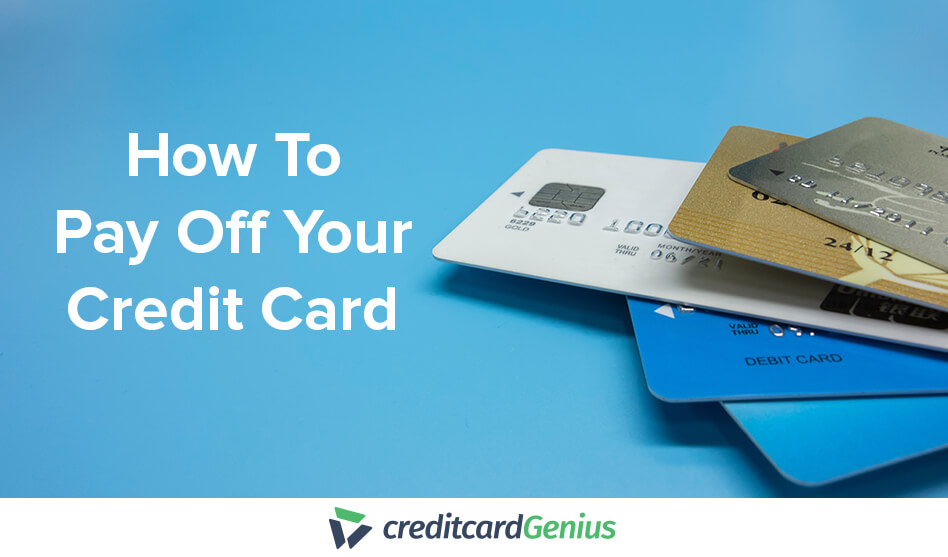


 GC:
GC: 








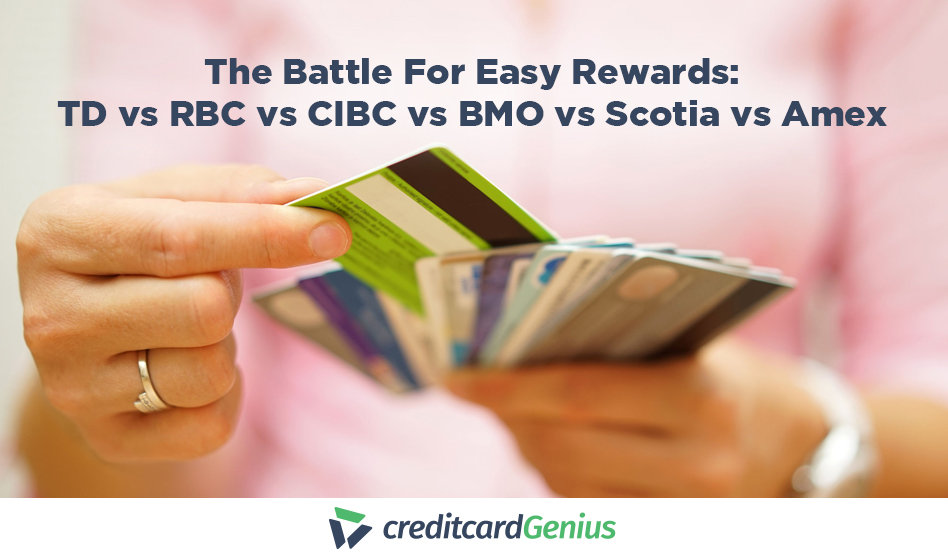
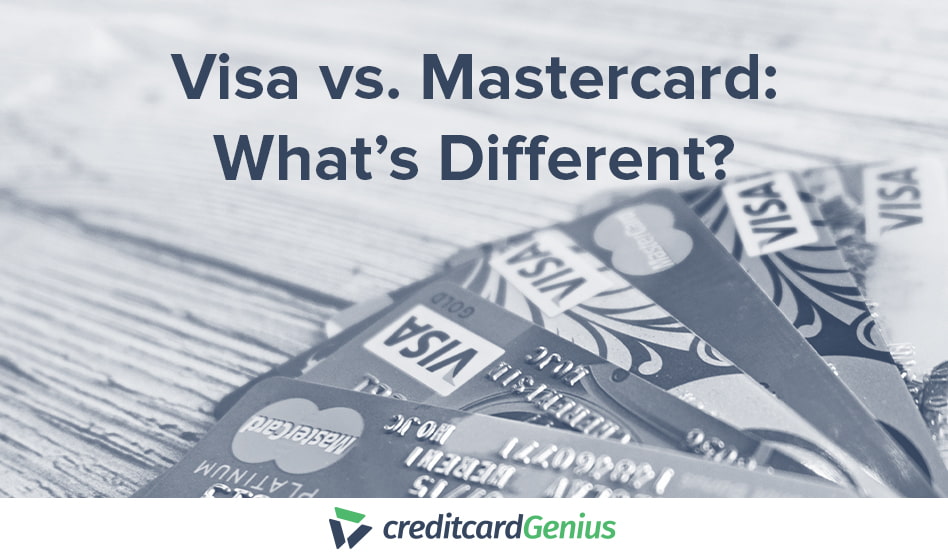
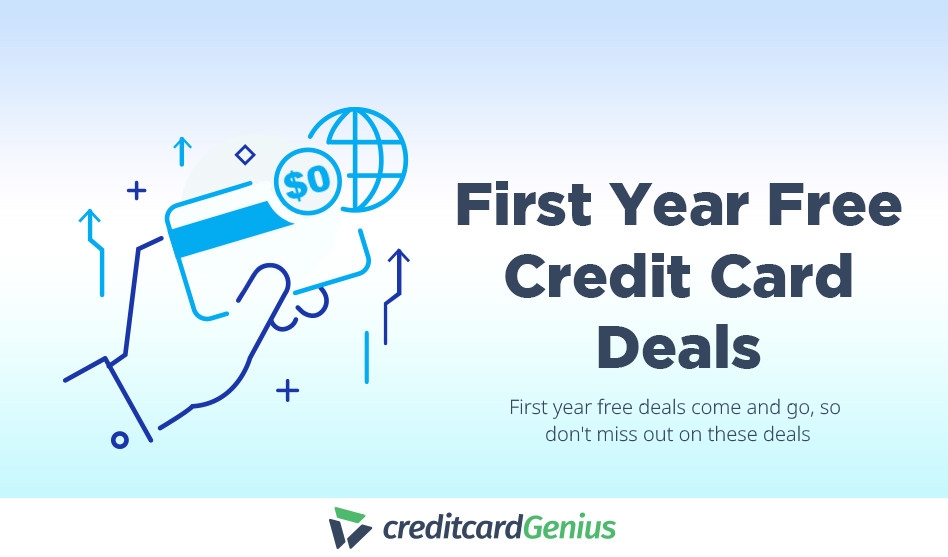

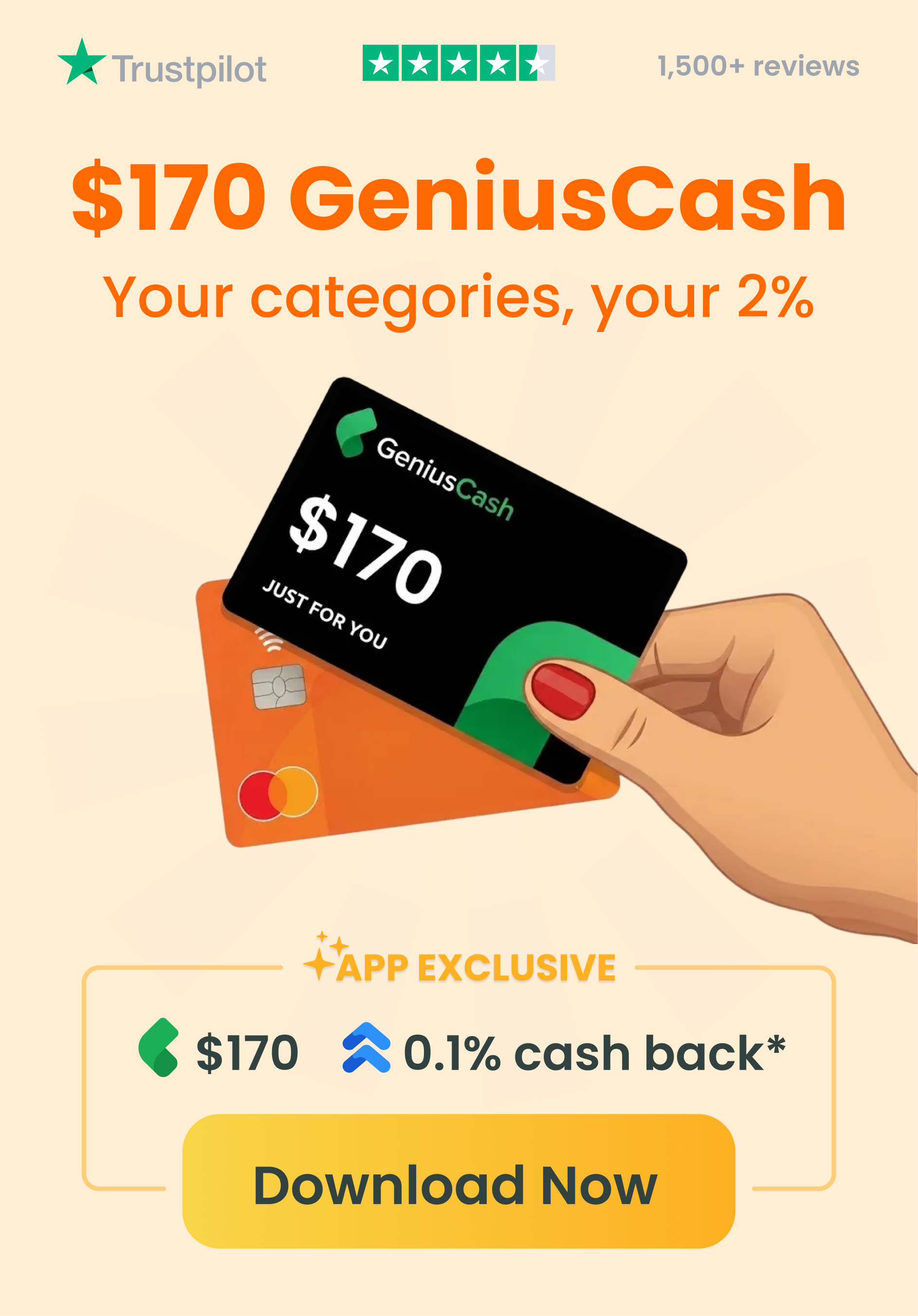




















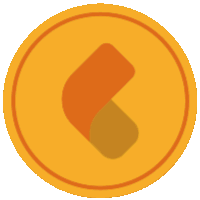
Comments
Leave a comment
Required fields are marked with *. Your email address will not be published.
Showing 2 comments